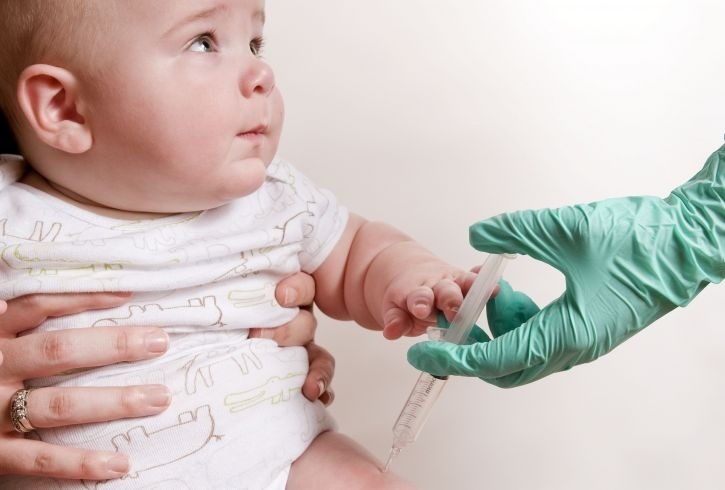
Vaccination Basics: Why Vaccinate And Home Care Questions Answered
16 Apr 2018 | 4 min Read
Dr.Subash Rao
Author | 10 Articles
Immunisation is an important part of our lives. It is important to understand the basics of vaccination and why it is essential. I have answered some commonly asked questions about and around vaccination below.
Why Vaccinate?
Q. Why is vaccination required in children?
A. A baby, after being born, is yet to develop its full immunity status (which occurs by 4-5 years of age). Till this period, it needs to be protected against diseases. Hence, vaccinations are required.
Q. Why are there so many vaccinations in the first two years of life?
A. A child achieves immunity status of an adult by 4-5 years of life. In the first year of life, it is susceptible to many dangerous diseases, which can easily be prevented if the child is given vaccinations.
Q. Are these vaccines safe?
A. Every vaccine is introduced in the market only after thorough clinical trials and only after it is approved by the regulating body of the government. Hence, these vaccines are absolutely safe.
Keep in mind, no pharmaceutical company has any authority to sell vaccines which are under trial or have not undergone the procedure of clinical trials.
Q. Are all vaccines mandatory?
A. It is said – “Prevention is always better than cure”. Vaccines protect an individual against a particular disease. If a disease can be prevented by taking these vaccines, then it is a sensible decision to vaccinate your child.
Q. Do these vaccines have any major side-effects?
A. As stated earlier, a vaccine is introduced in the market only after thorough clinical trials and only after it is approved by the regulating body of the government. If there are any serious side effects, then it would not have been approved for the public at large.
Yes, minor side effects like pain, fever, mild swelling etc. may be seen which are acceptable with any vaccination.
Home Care After Vaccination
Q. What temporary changes should be introduced in the child’s routine after vaccination?
- Avoid massaging the limb immediately after vaccination. This may increase chances of swelling/pain.
- Avoid baby massage for a day or two after vaccination.
- No restrictions in food .A baby can be nursed immediately after oral vaccines too ( like oral polio, Rotavirus)
- Physical activity like running, jumping may be restricted for a day in bigger children more than 4 years of age to avoid excess pain.
Q. Is it necessary to administer analgesic/antipyretic syrups?
A. NO. Analgesic/antipyretic syrups need to be given only if there is pain or fever. Also NO analgesic/antipyretic syrups are to be given pre-emptively before vaccination.
Q. Home care tips to make baby comfortable.
A. Cold compress with ice-packs may be done if the child is in too much pain. NEVER do hot fomentation – this may aggravate pain and swelling.
Q. Signs to watch out for within 24-48 hours after vaccination.
A. Look for excessive redness, swelling and pain occurring 24-48 hours after vaccination. Rarely, a rash may be seen with a few vaccines. Report any uncomfortable signs or symptoms to your doctor and get it clarified.
Q. Are body reactions different for different types of vaccines? What can parents expect?
A. Every child may react differently after vaccination – some may have pain, fever while some may not have any reaction. Also, it depends on which vaccination has been administered.
Got all your questions related to vaccines answered?
Also read: Why You Should Never Miss Your Child’s Vaccination?
Explore the entire collection of articles: Baby’s Health
A


Related Topics for you
Suggestions offered by doctors on BabyChakra are of advisory nature i.e., for educational and informational purposes only. Content posted on, created for, or compiled by BabyChakra is not intended or designed to replace your doctor's independent judgment about any symptom, condition, or the appropriateness or risks of a procedure or treatment for a given person.
